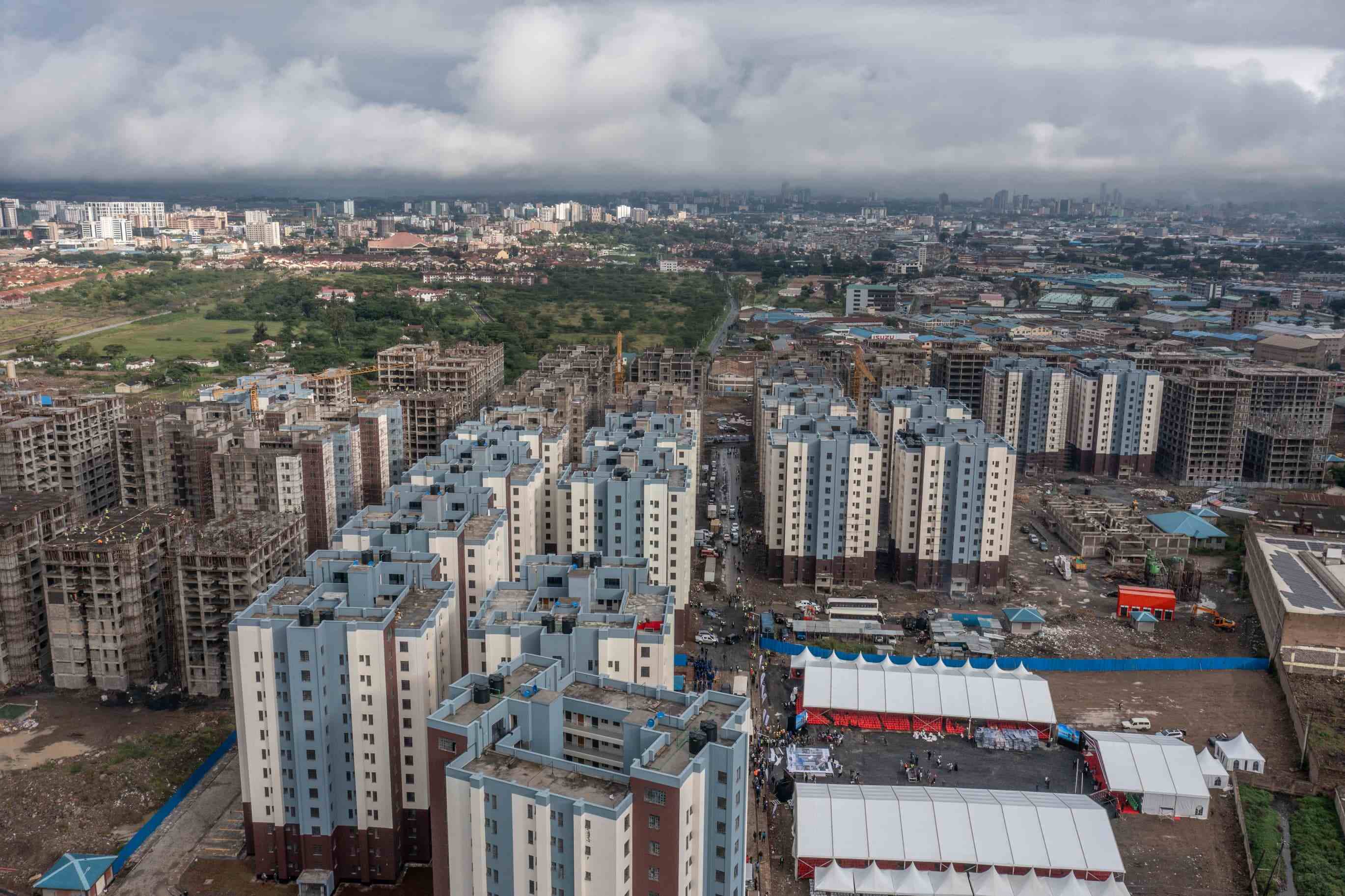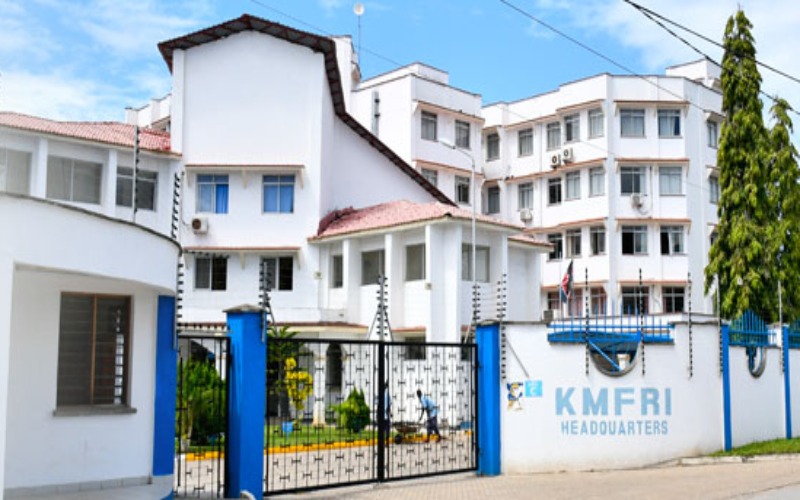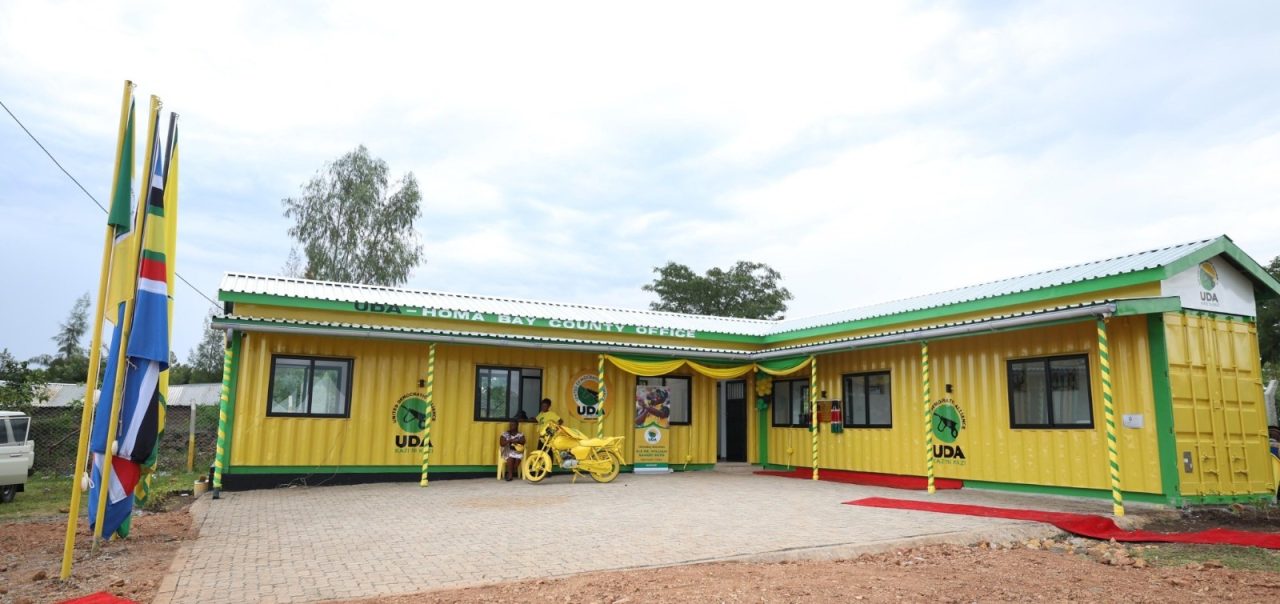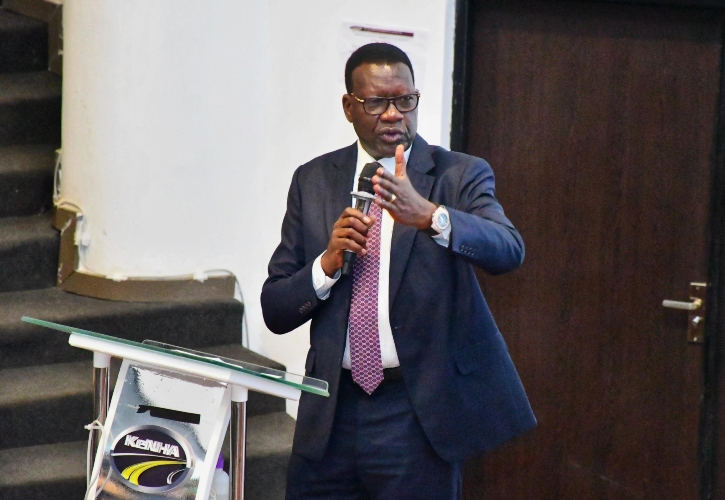AfDB approves Sh9.4 billion to boost science, technology among Kenyan youth

The HEST II project is expected to benefit over 20,000 students, including 8,000 young women, and generate about 5,000 direct and indirect jobs in the country.
Kenyan youths are set to benefit from a $73 million (Sh9.4 billion) funding approved by the African Development Fund (ADF), the concessional lending arm of the African Development Bank (AfDB).
Under the second phase of the Support to Higher Education, Science and Technology Project (HEST II), the funding will support the upgrade of 19 public universities with modern laboratories, teaching equipment and digital learning facilities.
More To Read
- Africa launches first-ever climate commitment implementation index to track progress
- Fragmented economic integration dragging Africa’s harmonisation drive - report
- Rwandan economist Donald Kaberuka honoured as Gates Foundation’s 2025 Champion
- Africa’s 2030 electrification mission surges, connecting 30 million in first year
- CBE transition at risk as specialized teacher gaps widen
- KNEC directs schools to identify gifted Grade 9 students for senior school specialisation
The HEST initiative, overseen by the Ministry of Education, aims to enhance Kenya’s science and technology capacity as a pathway to strengthening skills development and promoting job creation.
The financing will also be used to establish three centres of excellence in engineering, as well as a science and technology park that will enable students and researchers to turn ideas into business and industry solutions.
Scholarships will be offered to 103 university lecturers to boost teaching capacity, while staff will be retrained to meet evolving technology needs.
The project will also promote a competency-based education model to align graduates’ skills with market demand.
In addition, more than 100 youth-led start-ups will receive support through newly established incubation hubs, creating spaces for young innovators to develop and scale their ideas.
Through training, mentorship, and access to modern facilities, the initiative generally aims to nurture an ecosystem of entrepreneurship and job creation across Kenya’s higher learning institutions.
Commenting on the initiative, Hendrina Doroba, the Division Manager for Education and Skills Development at AfDB, said for many, education remains the surest path to a better life.
“We are helping Kenya’s young people gain the skills that employers need today, and the confidence to create their own jobs tomorrow,” Doroba said.
By 2030, the HEST II project is expected to benefit over 20,000 students, including 8,000 young women, and generate about 5,000 direct and indirect jobs in the country.
It builds on the success of the first phase, which enhanced facilities in eight universities and improved engineering programmes nationwide, setting the stage for a more inclusive and innovation-driven education system.
Top Stories Today












































